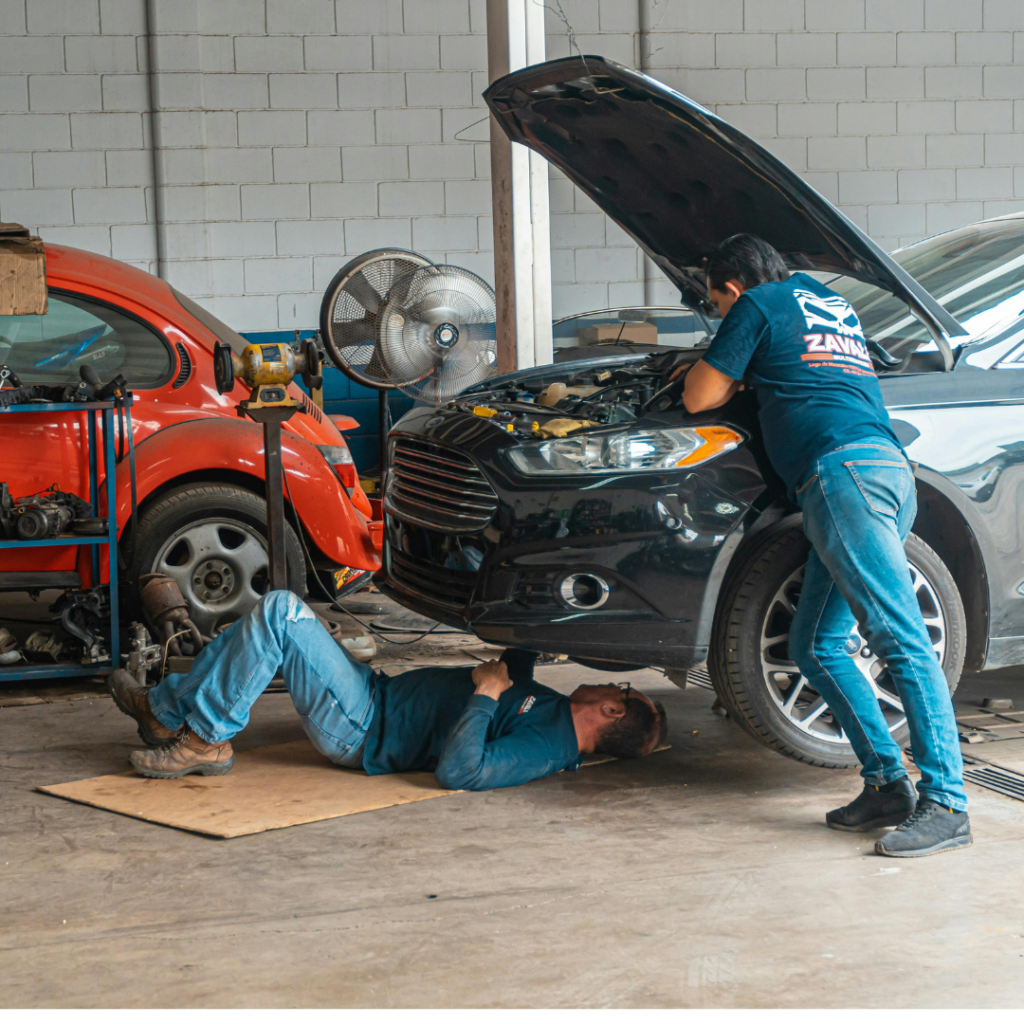The story of Sean Spada, a care worker attacked by a violent patient in Dublin’s Mater Hospital, has highlighted the urgent need for enhanced safety measures within Ireland’s healthcare facilities. Mr Spada’s case is a stark reminder of the dangers healthcare professionals face on a daily basis and the legal recourse available to those who experience workplace injuries.
This blog explores the events leading to Mr Spada’s €60,000 personal injury award, examines his legal case, and underscores the importance of workplace safety and legal awareness within healthcare environments.
The Incident
On 7th March 2025, the Circuit Civil Court awarded Sean Spada, a care worker in his early thirties, €60,000 for physical and psychological injuries sustained while caring for a violent patient in Dublin’s Mater Hospital.
Mr Spada recounted the attack, which took place in October 2020, while he was caring for a patient known to have exhibited self-harming and violent behaviour in the past. Directed to look after the patient on a one-to-one basis, Mr Spada took him to the toilet, only for the situation to escalate. The patient demanded to lock the heavy door, and when Mr Spada attempted to compromise, the patient slammed the door against him and launched a violent assault, kicking, battering, and even throwing iron bars at him.
The Aftermath
Mr Spada suffered significant physical injuries to his neck, shoulder, and knee, alongside psychological trauma, including flashbacks and post-traumatic stress disorder (PTSD).
The incident left him unable to work for two weeks, and when he did return, he was understandably hesitant about resuming his role. Unsurprisingly, the psychological toll of the attack lingered far longer, as confirmed by the court’s medical assessment.
The Legal Case
The success of Mr Spada’s personal injury claim hinged on proving employer negligence. His legal team argued that the hospital failed to adequately assess the risk posed by the patient’s violent behaviour and protect its staff accordingly.
Judge’s Verdict
Judge Jennifer O’Brien ruled in favour of Mr Spada, condemning both the Mater Misericordiae University Hospital and the HSE for neglecting their duty of care. She noted the hospital’s failure in assessing the risks associated with the patient and determining the appropriate staff allocation for his care.
The court awarded €20,000 for the physical injuries sustained and €40,000 for psychological injuries, recognising the severe and lasting impact they had on Mr Spada’s wellbeing.
What Does This Mean for Healthcare Workers?
1. Personal Safety is Paramount
Healthcare professionals regularly put themselves in challenging and high-risk situations to care for others. However, employers have a responsibility to foster a workplace that prioritises safety. Assigning a single staff member to care for a known violent patient without adequate risk assessment or precautions is a clear breach of this duty.
Healthcare workers must remain vigilant about their working conditions and communicate concerns about safety risks with their employers.
2. Know Your Rights
Every employee is entitled to a safe workplace, whether they’re caring for vulnerable patients, handling hazardous materials, or operating heavy machinery. Irish law places a duty of care on employers to take reasonable steps to minimise workplace risks, including health and safety hazards.
If this duty is violated, employees who suffer injuries or psychological harm have the right to seek compensation, providing financial support for medical expenses, lost earnings, and trauma recovery.
3. Legal Recourse for Assault in the Workplace
Mr Spada’s case is proof that pursuing legal action after a workplace assault can result in justice. Personal injury claims involving workplace assaults often centre around employer negligence, making it crucial to engage a skilled solicitor to build a robust legal case.
4. Take Steps to Protect Yourself
While employers shoulder the majority of responsibility for ensuring workplace safety, there are steps healthcare workers can take to reduce risks, such as proper training, leveraging safety equipment, and staying aware of potentially dangerous scenarios.
For example, in a situation involving a history of violence, it’s reasonable to flag the concern with a supervisor or team lead. If systems for preventing injury are inadequate or non-existent, healthcare workers should advocate for proactive measures to protect both staff and patients.
What Can Employers Learn from This Case?
1. Conduct Thorough Risk Assessments
Had proper risk assessments been conducted regarding the patient’s previous violent history, Sean Spada’s ordeal could have been prevented. Hospitals and healthcare organisations must implement robust procedures to regularly evaluate patient care risks, particularly for high-risk cases.
2. Provide Proper Training
Training should extend beyond clinical knowledge to include conflict de-escalation, personal safety awareness, and alertness to at-risk indicators.
3. Establish Response Protocols
Robust response systems can deter or mitigate losses from incidents, ensuring staff know how to access support, remove immediate threats, and document incidents systematically.
4. Legal and Ethical Duty of Care
Neglecting worker safety isn’t just unethical; it’s illegal. Employers across industries must invest in creating safer, more supportive environments for their teams.
Navigating Personal Injury Claims
If you or someone you know has suffered an injury or trauma at work due to negligence, you may be entitled to seek compensation. Personal injury claims allow victims to secure financial resources to aid their recovery.
Filing a claim might seem daunting, but working with experienced personal injury solicitors, such as those at HOMS Assist, can simplify the process. From compiling evidence to engaging in settlement discussions or litigation, solicitors play a key role in maximising your chances of a fair resolution.
How to Start Your Personal Injury Claim
Most personal injury cases in Ireland begin with the Personal Injuries Resolution Board (PIRB), an evaluation stage designed to resolve cases without court proceedings. But for cases involving assault, disputes, or medical negligence, court involvement may be unavoidable.
HOMS Assist’s legal team has over 50 years of experience in personal injury claims, helping countless individuals secure compensation for challenges stemming from workplace injuries. Contact their dedicated experts for guidance on initiating your claim.
Final Thoughts
Sean Spada’s story paints a vivid picture of the risks faced by healthcare workers and the legal recourse available to them in the aftermath of workplace trauma. His €60,000 award not only compensates his injuries but also sets a vital precedent for safeguarding professionals working in high-risk environments.
Whether you’re a healthcare worker seeking workplace safety improvements or an employer looking to strengthen your risk assessment procedures, Mr Spada’s case is a vital reminder of the importance of prioritising safety, knowing your rights, and seeking expert legal advice when necessary.
If you’ve experienced neglect or injury in the workplace, reach out to a professional team like HOMS Assist to explore your legal options today.









